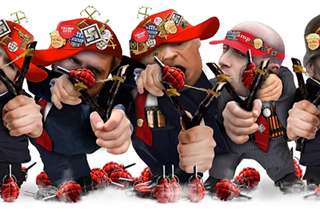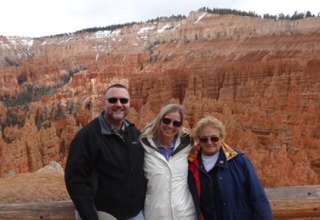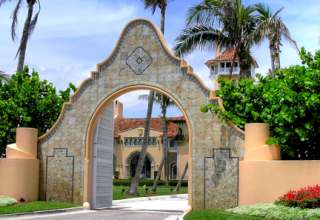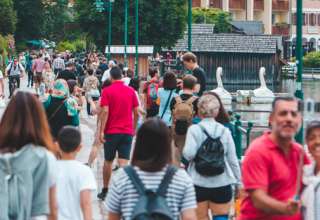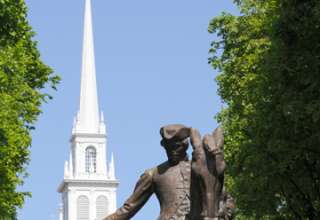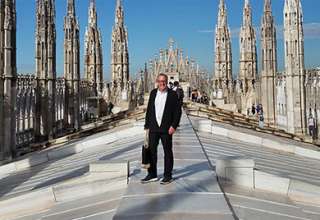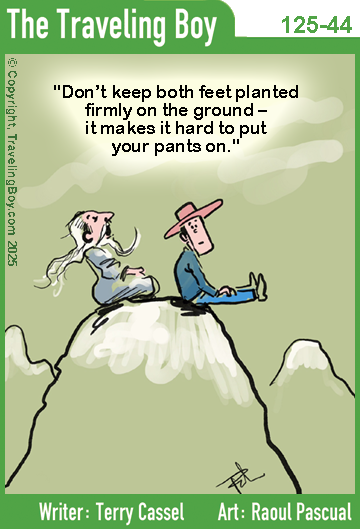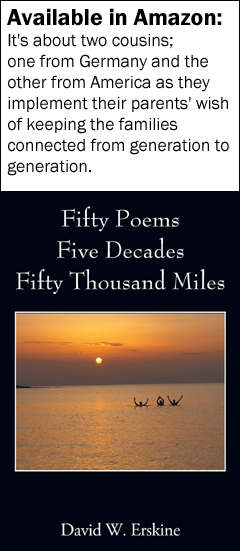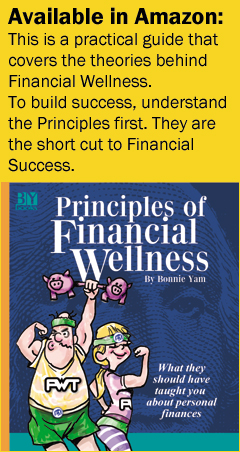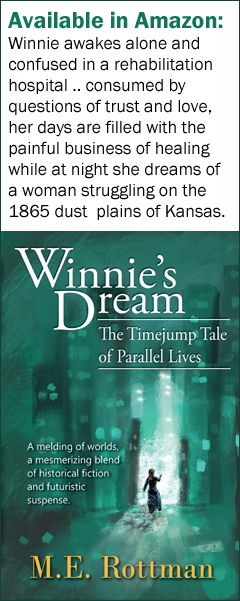Story and photos by Victor Block
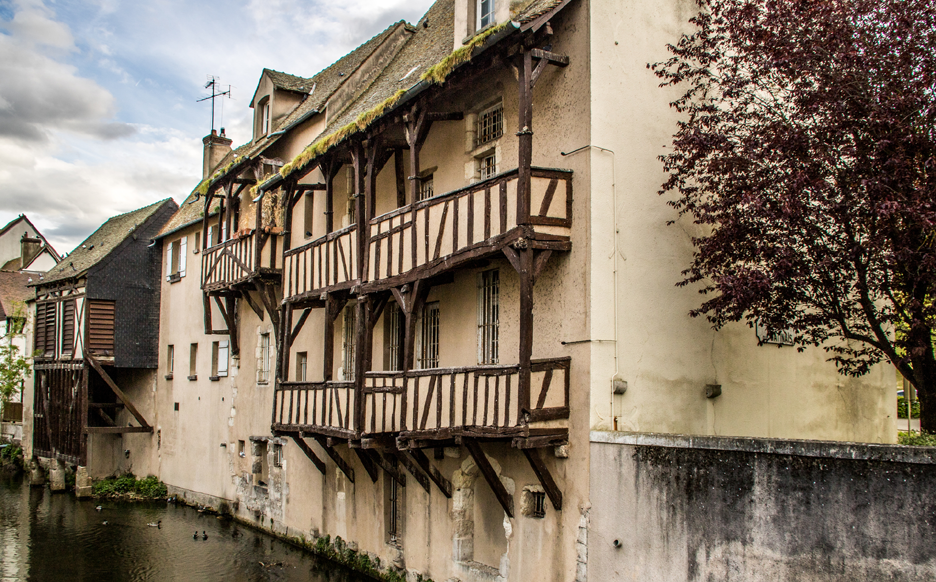
My wife and I recently took a stroll through a charming town in France which, because of its many canals and bridges – we were told it has 131 overpasses – is known as the Venice of the area. While some neighborhoods of Montargis (population about 15,000) have a modern feeling, its downtown area retains an inviting Medieval allure.
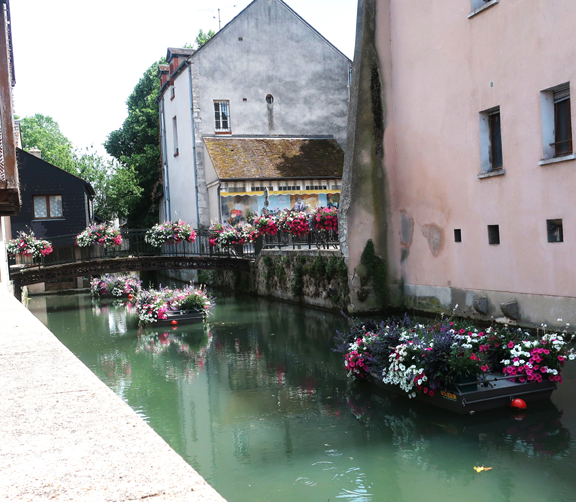
Overlooking the Loing River and Briare Canal, hints of the history of the village include a castle, originally built in the 12th century, and remains of a church that predate a fire which, in 1525, destroyed most of the town. Some ancient half-timbered houses in Central Montargis also escaped that blaze.
Another day we visited the Medieval hilltop town of Sancerre, situated along the banks of the Loire River. It’s a member of Les Plus Beaux Villages de France (The Most Beautiful Villages of France) Association. In addition to that accolade, Sancerre is famous for its outstanding wines and for being where the noted Crottin de Chavignol cheese was created.
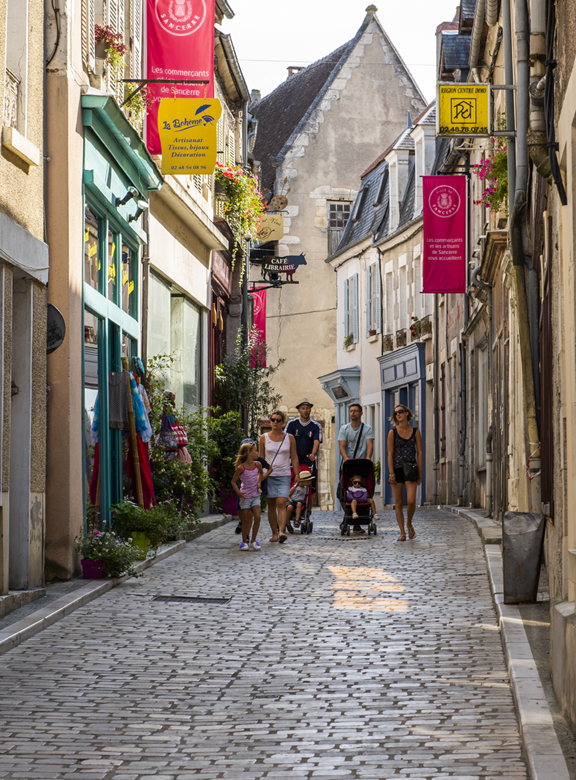
We explored these lovely villages, and others, during a French Country Waterways barge cruise in the Loire region of France. The Canal de Briare, Canal Lateral a la Loire and Canal du Long are among a number of such waterways which crisscross that area. Gliding through the region on a slow-moving luxury barge is a perfect way to combine on-board fine food and wines, inviting shore excursions and the opportunity to relax in comfort.
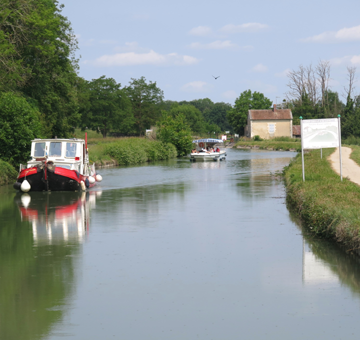
The history of the French canals traces back to the 17th century. That is when King Henry IV of France decreed that a giant ditch be dug across the country connecting the Atlantic Ocean and Mediterranean Sea. Soon, barges pulled by horses or people transported raw materials, grain, textiles and – this being France, wine — through the channel.
That waterway was the first of an elaborate network of canals which now crisscross the countryside, passing over aqueducts and through tunnels, and navigating locks which enable them to climb up and down hills.
My wife and I followed one of these routes, but the formerly no-frills working boat in which we rode had been transformed into a luxurious floating hotel and gourmet restaurant. It carries 12 passengers, stopping each day to allow travelers to explore an inviting variety of attractions.
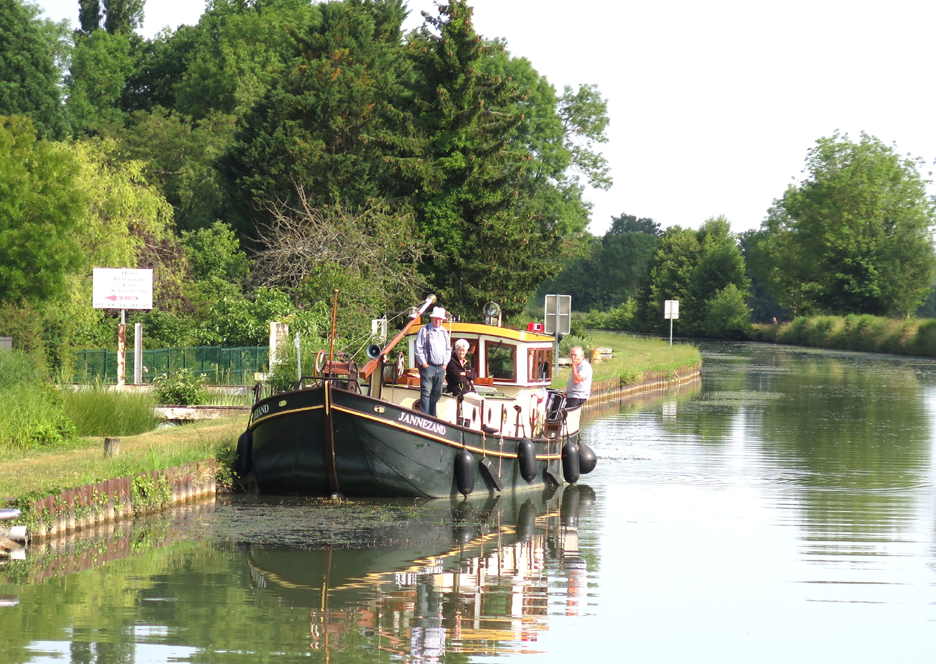
French Country Waterways is an American-owned company that operates luxurious passenger barges along canals in four regions of that country. The Nenuphar on which we traveled was built in the 1930s to serve as a working boat. Today, it rivals multi-starred hotels in which we have stayed.
Cherry wood paneling, brass fittings and lovely provincial furnishings set the tone. Cabins have a private bathroom and individual heat/air conditioning controls. The lounge invites relaxing on comfortable sofas and chairs, and offers a well-stocked complimentary bar.
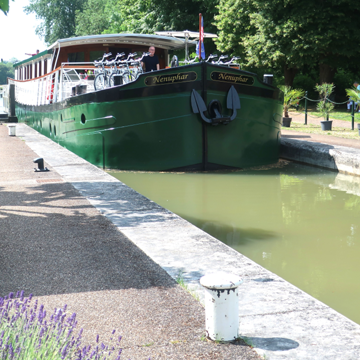
The food and wine served aboard the barge vie for admiration with the magnificent scenery through which the boat passed. Think foie gras with brioche and apple. Picture confit duck, braised red cabbage and haricot beans.
Then there’s the French claim that no lunch or dinner is complete without wine. We were offered vintages representing many of the country’s wine-growing districts, often from Grand Gru (great growth) and Premier Cru (first growth) vineyards.
The wines were chosen directly from the properties of the growers and the final list is selected during an annual tasting of estate-bottled labels. Among my personal favorites were a richly colored Pinot Noir from the Gevrey-Chambertin region that, to my tongue, provided hints of ripe strawberries. Intense, oaky Meursaults, and Puligny-Montrachet which, I was told and my palate searched for, offer suggestions of ripe citrus and florals along with nutty notes.
As the vessel moves slowly along canals, those on board face a welcome choice of alternatives. Relax and watch other boats pass by. Step ashore at one of the locks the boat traverses and walk, or pedal a provided bicycle, to the next lock. Go to the front deck and watch the barge navigate through one of the locks that raise or lower the water level.
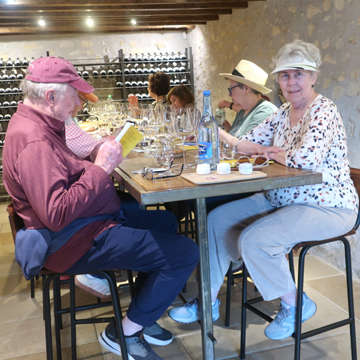
Because the canals climb hills and run through valleys, locks handle changes in elevation. These devices allow boats to rise up, or drop down, to the level of the next stretch of the channel.
The canals provide passengers with views of lovely rolling vineyards and lush farmlands along with charming villages. Those history-rich hamlets, along with, inviting vineyards and world-class food and wines, greet visitors to France with open arms. Taking in these attractions during a canal barge cruise adds a welcome way to enjoy much that the popular destination has to offer and, to me, the boat cruise alone is worth the cost.
Fares for French Country Waterways cruises include all of the on-board gourmet meals and fine wines, a memorable dinner at a starred Michelin Guide restaurant, around-the-clock snacks and open bar, shore excursions and more. For more information, log onto fcwl.com or call 800-222-1236.

